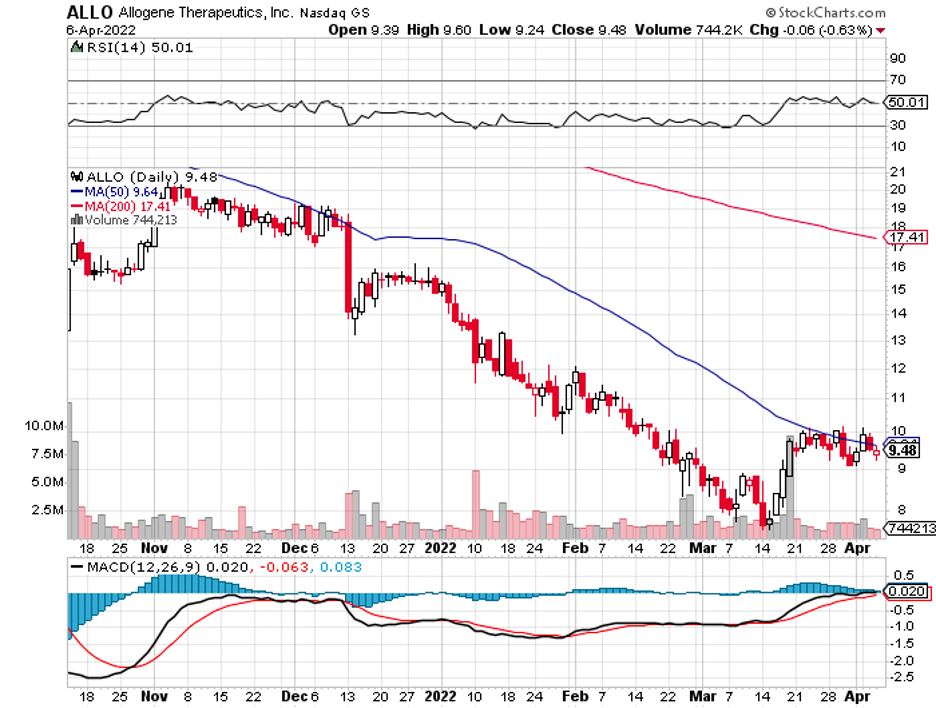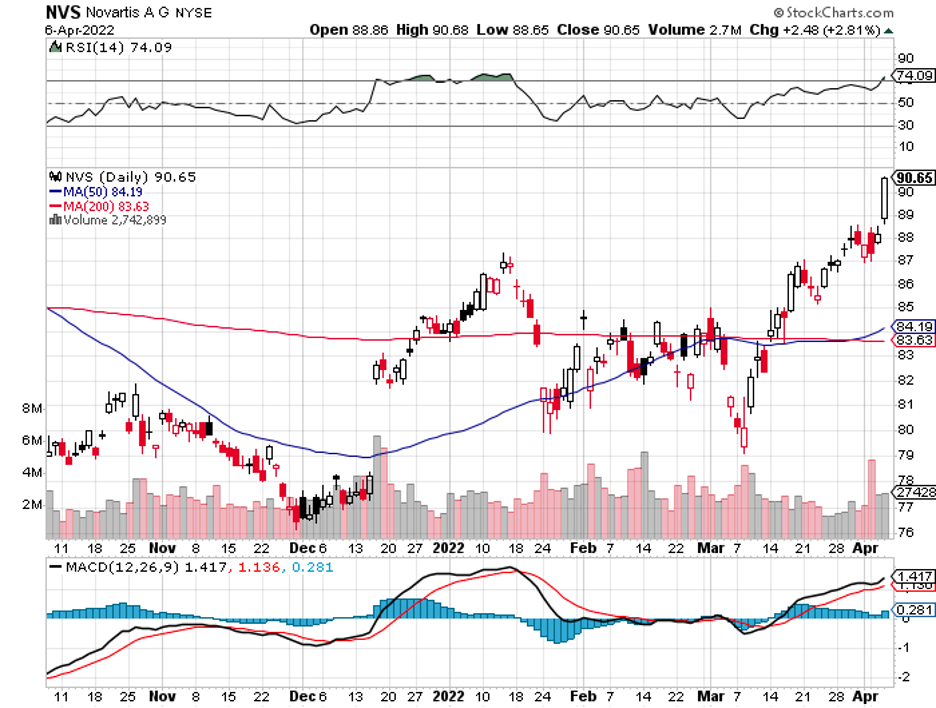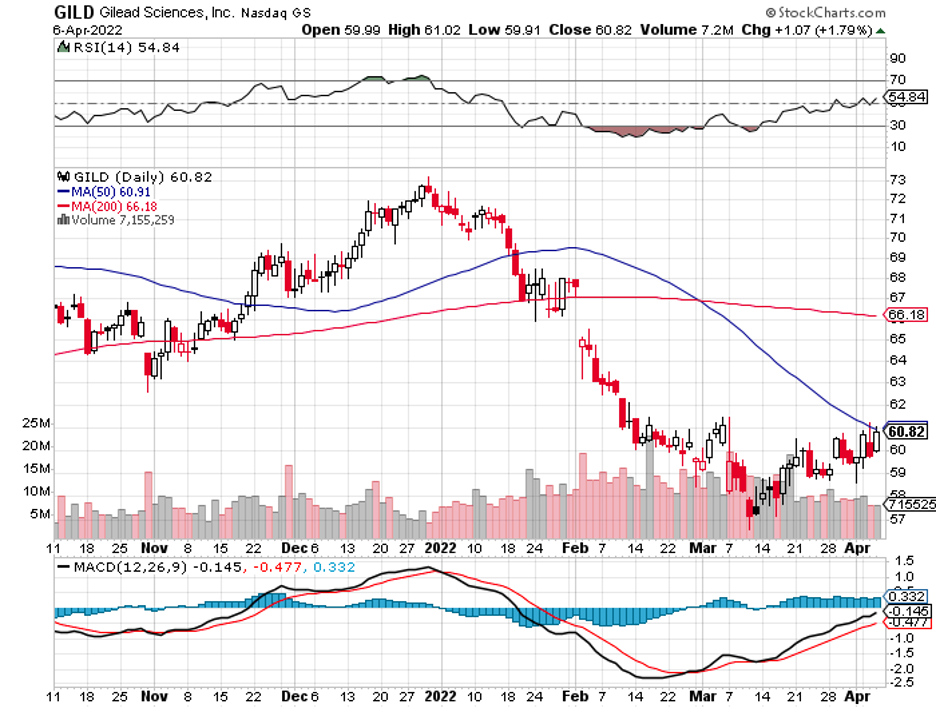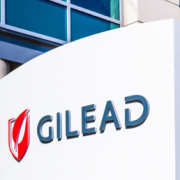A Biotech David and Goliath Story
Back in 1996, a man named Doug Wilson received devastating news. He had chronic lymphocytic leukemia, a kind of cancer that begins with white blood cells. As the cancer progressed, he started going through several rounds of chemotherapy.
In 2009, he was told that the cancer had evolved. More alarmingly, chemo would no longer be an effective treatment for his condition. At that time, his doctor suggested a bone marrow transplant. Unfortunately, none of his family members were a good match.
With the cancer getting worse and nothing else left to try, Olson learned about a clinical trial for a new type of cancer treatment: CAR T-cell therapy.
The goal is to re-engineer the immune cells in the laboratory and transform them into weapons to hunt down killer cancer cells.
In 2010, Olson signed up for the trials.
Fast forward to 2022, Olson has become the poster child for the benefits of CAR T-cell therapy.
While oncologists are highly reluctant even to whisper the word “cure” when it comes to cancer, this term was thrown around several times during the news conference at the University of Pennsylvania.
The event, led by immunologist Carl June, presented data from 10 years of follow-up on the patients with leukemia who participated in the trial back in 2010.
Olson’s data demonstrated that CAR-T could cure cancer patients, with zero leukemia cells found in his blood 10 years after the treatment.
For decades, the mainstays of cancer treatments have been surgery, radiation therapy, and chemotherapy.
With the emergence of CAR T-cell therapy, the fourth pillar of oncology may very well be the answer to this debilitating and fatal disease.
After all, CAR T-cell therapy has improved patients’ lives where other treatments failed to work.
Unlike chemo and radiation, this therapy targets the tumors with higher precision instead of killing both the healthy and cancerous cells.
CAR T-cell therapy dates as far back as the 1950s when the potential was studied following a bone marrow transplantation. That marked the first time that healthy living cells were infused into patients with blood cancer in an effort to control the disease.
But it was as early as the 1900s when researchers noted T cells' capacity to easily find, identify, and then kill cancer cells. The cells follow a “guide” to lead them to the tumors to achieve this. This introduced the role of antibodies as priceless medical and scientific tools.
In 2017, the groundbreaking approvals of two CAR T-cell therapies proved to be the climax of over 60 years of research on this immunotherapy.
Five years after it started working with the University of Pennsylvania, Novartis (NVS) became the first-ever biotechnology company to earn FDA approval for its CAR T-cell therapy: Kymriah.
Kymriah was first launched to target acute lymphoblastic leukemia in 2017. Since then, the indications for this treatment have expanded, and the latest is its application as an approved therapy for large B-cell lymphoma.
The other groundbreaking CAR T-cell therapy approved in 2017 is Kite Pharma’s large B-cell lymphoma treatment Yescarta.
In the same year, Gilead Sciences (GILD) acquired Kite Pharma for $11.9 billion and instantly became a major player in the CAR T-cell therapy space.
Thus far, Gilead and Novartis have remained the biggest names in this segment.
However, another biotech appears to be making a play in becoming the frontrunner in the CAR T-cell therapy space: Allogene Therapeutics (ALLO).
Unlike its competitors, Allogene is regarded as a speculative biotech play.
Despite its smaller market capitalization of $1.35 billion compared to Gilead’s massive $76.38 billion and Novartis’ jaw-dropping $223.18 billion, this biotech prides itself on an extensive pipeline filled with CAR T-cell therapies under development.
More importantly, Allogene has developed the AlloCAR T technology platform, which harvests healthy T-cells from other healthy donors.
In contrast, older CAR T-cell methods required harvesting the T-cells from the patients themselves.
Among its candidates, the most exciting integration of this technology is ALLO-316. This is the first program developed for renal cell carcinoma or kidney cancer patients.
This is an excellent first indication for the biotech due to the sheer size of the kidney cancer market. Globally, this segment is projected to reach $9.4 billion by 2026.
Where ALLO-316 and several of the candidates in the pipeline stand out is in their ability to go after CD70—a highly sought-after protein in cancer treatments.
This is an extremely promising breakthrough because tumor cells hijack this protein to accelerate the invasion of the immune system. This results in the high expression of CD70, which then inhibits the body’s anti-tumor response.
This is where ALLO-316 truly shines. This CAR-T therapy can precisely target CD70.
Add that to the patented AlloCAR T technology, and you get a highly effective and safe off-the-shelf CAR T-cell therapy with multiple applications.
Therefore, it offers the biotech incredible flexibility to utilize the therapy for hematologic malignancies or blood cancer and even solid tumors.
Needless to say, this opens the door to so many indications involving tumor expressions of CD70, including multiple myeloma, non-small cell lung cancer, cervical cancer, and ovarian cancer.
The CAR T-cell area, albeit exciting, remains relatively new that it’s challenging to figure out which companies will emerge as the most dominant forces.
At this point, Novartis and Gilead are looking like the strongest bets considering their financial and marketing capacity.
Both companies have more than sufficient revenue streams to tinker with the technology until they find a space that would truly pay off.
However, Allogene has the markings of a biotech that could upend the CAR T-cell industry—if its off-the-shelf solutions work out.
Currently, one of the biggest hindrances in this immunotherapy is the cost, and Allogene’s treatments appear to be the solution that could exponentially broaden their use.
Overall, Allogene is an interesting speculative biotech play to check out. Looking at its pipeline and patented technology, this company can revolutionize some cancer treatments in the future.





